Market Trends
Key Emerging Trends in the Bamboos Market
The bamboo market has been experiencing notable trends in recent years, driven by various factors such as sustainability, eco-friendly alternatives, and increasing demand for renewable resources. One significant trend in the market is the growing popularity of bamboo products across various industries, including construction, furniture, textiles, and consumer goods. Bamboo, known for its fast growth rate and sustainability, is increasingly being used as a substitute for traditional materials such as wood, plastic, and metal. With consumers becoming more environmentally conscious and seeking sustainable alternatives, the demand for bamboo products is expected to continue rising, driving market expansion in diverse sectors.
Moreover, technological advancements and innovations in bamboo processing and manufacturing have further fueled market growth and diversification. Advanced manufacturing techniques such as bamboo composite technology and engineered bamboo products have enabled manufacturers to produce high-quality and versatile bamboo materials for various applications. Additionally, advancements in bamboo preservation methods and treatment processes have enhanced the durability, strength, and resistance of bamboo products to environmental factors such as moisture, insects, and decay. These technological advancements are driving innovation and differentiation in the bamboo market, catering to the evolving needs of industries and consumers alike.
Furthermore, sustainability has emerged as a key driver shaping the bamboo market, as businesses and consumers seek environmentally friendly alternatives to conventional materials. Bamboo, a renewable and biodegradable resource, offers several environmental benefits, including carbon sequestration, soil conservation, and biodiversity preservation. Additionally, bamboo cultivation requires minimal water, pesticides, and fertilizers compared to other crops, making it a sustainable choice for agricultural practices. As concerns about deforestation, climate change, and plastic pollution continue to grow, the demand for bamboo products is expected to increase, driving market growth and fostering a shift towards sustainable consumption and production patterns.
Additionally, the COVID-19 pandemic has had a significant impact on the bamboo market, influencing consumer behavior, supply chain dynamics, and market trends. With lockdowns and restrictions disrupting global trade and economic activities, the demand for bamboo products faced challenges such as supply chain disruptions, labor shortages, and shifting consumption patterns. However, as economies gradually reopen and recovery efforts accelerate, the demand for bamboo products is expected to rebound, driven by factors such as increased emphasis on sustainability, home renovation projects, and growth in e-commerce sales. Moreover, the pandemic has highlighted the importance of resilient and sustainable supply chains, driving interest in locally sourced and eco-friendly materials such as bamboo.
On the other hand, the bamboo market is facing challenges such as limited infrastructure, regulatory constraints, and competition from alternative materials. Despite its rapid growth rate and sustainability, bamboo cultivation and processing require adequate infrastructure and investment in harvesting, transportation, and processing facilities. Moreover, regulatory constraints related to land use, environmental protection, and certification standards can pose challenges for bamboo growers and manufacturers, particularly in regions with limited governance and enforcement mechanisms. Additionally, competition from alternative materials such as timber, plastics, and metals may limit the growth potential of the bamboo market, particularly in applications requiring specific performance characteristics or certifications.


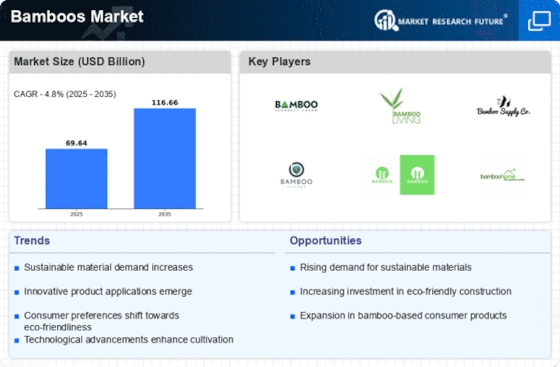

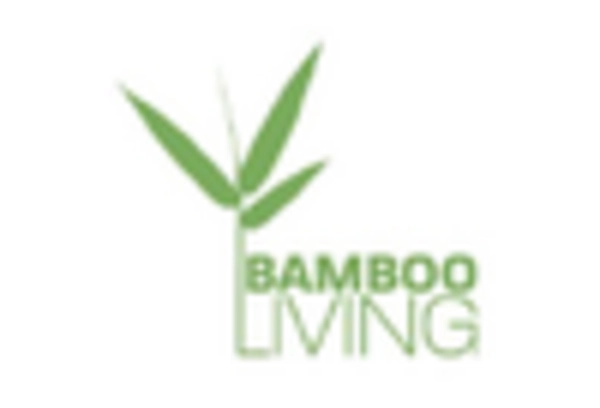
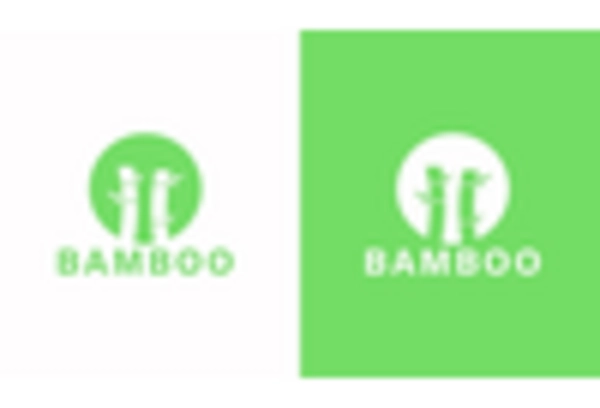
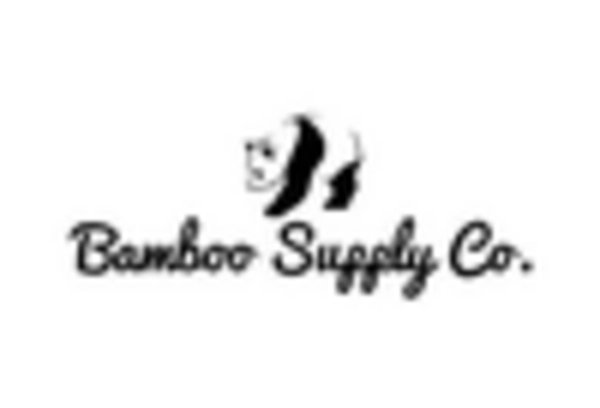
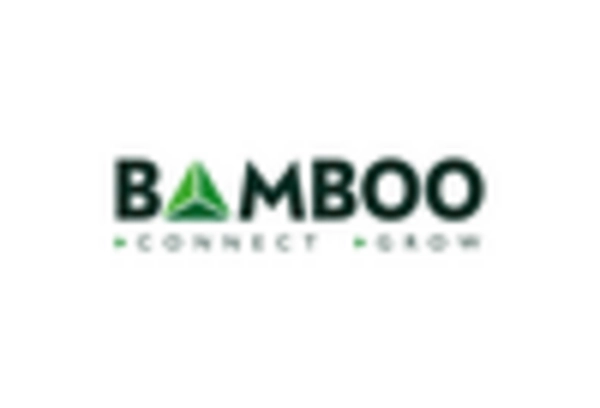
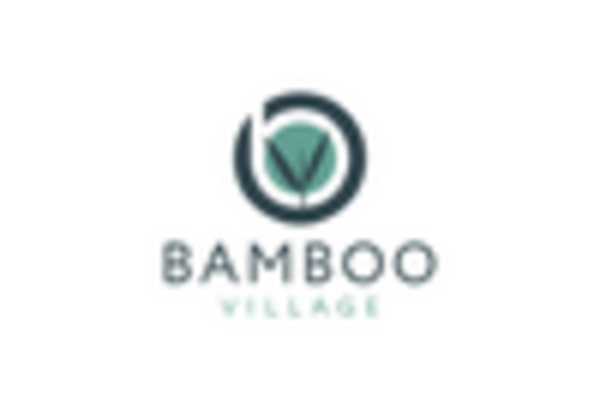









Leave a Comment